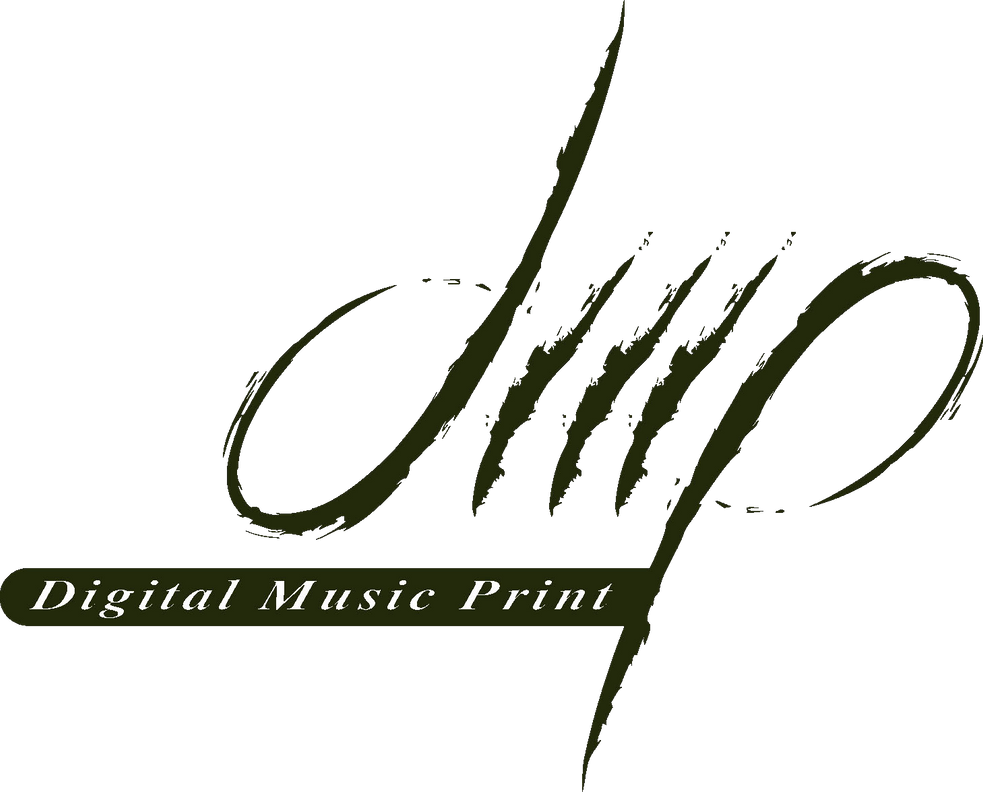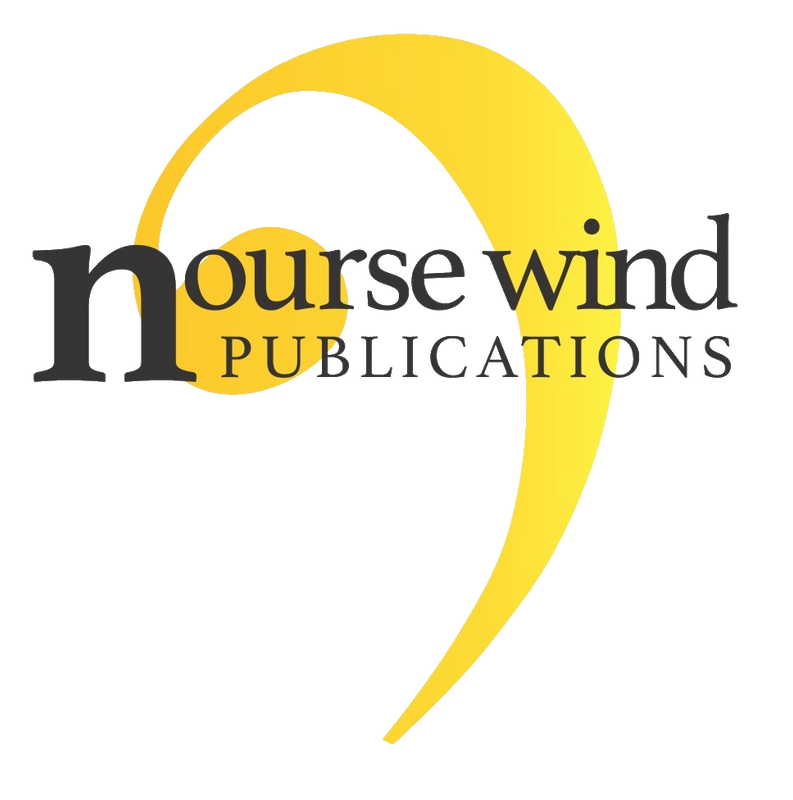Effinger, Cecil

Cecil Effinger (1914-1990)
Cecil Effinger began his musical studies as a violinist and oboist. His home town, Colorado Springs, Colorado, was known for the healing qualities of its natural springs and dry climate. Because of the influx of cultured health-seekers, the young Effinger had the opportunity to see notable performers such as Stravinsky in an area of the western United States often thought of by those on the East Coast as less as than civilized. In 1935, he became an instructor in music at The Colorado College in Colorado Springs and spent four years as first oboist in the Denver Symphony Orchestra. Effinger studied composition with Nadia Boulanger in 1939 at the American Conservatory at Fountainbleau, France, receiving the Stoval prize in composition. Back in the U. S. he met Roy and Johanna Harris at The Colorado College in the early 1940s and became lifelong friends with them. During the war years, he directed the 506th Army Band stationed at Fort Logan in Denver, Colorado, and shortly thereafter began his association with the College of Music at the University of Colorado in Boulder. He won the Naumberg Recording Prize for his Little Symphony No. 1 in 1954. He became a full professor in 1956 and, after retirement in 1981, served as composer-in-residence from 1981-84.
During this time he composed constantly, producing 31 orchestral works, seven symphonies, 45 chamber works, 49 choral works, six quartets, three operas, three oratorios, and three cantatas. He is also known for his engineering achievements: the invention of the practical musical typewriter in 1954, the "tempowatch" in 1969, and the open-ended typewriter for engineering drawings in 1974. Effinger was one of the few inventors who retained control of his own products. As president of the Music Print Corporation he oversaw the production and continued development of his inventions.
These details of his life leave out an important aspect of this man, his love of humanity. To those who knew him, Cecil was a patient, understanding figure who reached out and touched deeply nearly everyone with whom he came in contact. With both music and people Effinger was exceedingly impartial. As he once remarked: "Music is like friends, and you can have many friends without picking a favorite." His lack of pretentiousness was valued by his associates. As William Kearns, a colleague of Effinger's at the University, recalled: "You could always count on Cecil Effinger. He was one of us. . . . [As was said of Ralph Waldo Emerson] he never gave the impression that he thought he was better than anyone else."
For Effinger, the most important aspect of composition was communication between the composer and listener. "If all a composer wants to do is confound the listener, that's an easy matter; the idea, however, is to communicate something to him." Effinger wanted to communicate something very specific. He was deeply imbued with his sense of place as a composer in the western United States: "I like romantic stuff, nostalgia. . . . I can't write Viennese music, Broadway music, or 'tricky' music. I like the sweep, the breadth and depth of our area. It probably shows in my compositions." Many of the titles in his catalogue suggest Western or American themes: Fanfare on Chow Call, 1943; The Old Chisholm Trail, 1943; Variations on a Cowboy Tune, 1945; Tone Poem on a Square Dance, 1955; A Prairie Sunset, 1959; Streets Due West, 1962; Let Your Mind Wander Over America, 1969; and The Prairie Melts, 1972. Yet this self-awareness did not cloud his musical expression.
He was, like many of his colleagues, a collegiate composer, one with romantic inclinations in the midst of the turbulent twentieth century. Above all, he strove to serve his community and his region, creating music to fill a need. He could have attempted to seek greater recognition in the bastions of high culture, but he stayed at home. Why did he stay there? His answer shows his deep respect for the west: "I was born in this state so I'm still here. . . . It's a great place to be."










